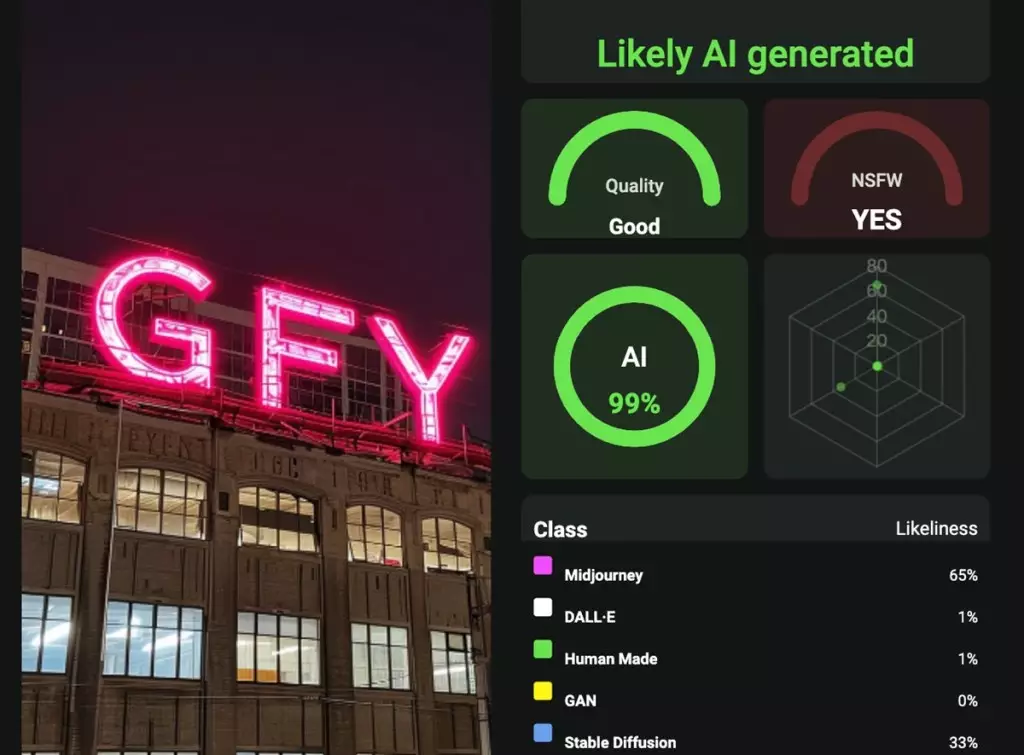As the digital landscape evolves, the proliferation of artificial intelligence (AI) technologies has introduced both opportunities and significant risks. One of the most alarming trends is the rise of AI-driven scams, which have catalyzed a sense of urgency among business and finance professionals. According to recent findings, 85% of corporate finance experts perceive AI-facilitated fraud as an existential threat, revealing the scale of the problem and highlighting the vulnerabilities that organizations face today. More worryingly, over half of these experts have already encountered the sinister implications of deepfake technology in their professional environments.
The emergence of generative AI technologies has enabled the creation of remarkably realistic fake audio and video content, which can deceive even the most discerning individuals. Estimates suggest that within the next two years, generative AI scams could account for losses exceeding $40 billion in the U.S. alone. As fraud tactics continue to evolve at an alarming rate, it is clear that organizations and individuals must take proactive steps to protect themselves.
In this precarious landscape, AI or Not rises to the occasion, securing $5 million in seed funding to enhance its capabilities in combating digital fraud and misinformation. Led by Foundation Capital, with backing from organizations like GTMFund and Plug and Play, this platform is specifically designed to employ AI for detecting AI-generated threats across various media, including images, text, and audio.
AI or Not’s mission directly addresses the pressing need for transparent and secure digital interactions. With a user base growing to over 250,000, the platform illustrates how critical the fight against misinformation is in today’s hyper-connected world. As more incidents involving deepfake impersonations—such as fraudulent video calls or audio recordings—surface, the demand for reliable verification tools becomes increasingly urgent.
The primary strength of AI or Not lies in its proprietary algorithms, which are designed to authenticate digital content effectively. These tools are capable of dissecting various types of media—from deepfake videos impersonating iconic public figures, such as female politicians, to fabricated audio clips that mimic individuals like senior citizens. The potential for malicious abuse is vast, and AI or Not is uniquely positioned to counteract these threats through advanced detection mechanisms.
The company’s growth is a direct response to the evolving nature of digital fraud. As consumers demand accountability and authenticity from corporations and content creators, it has become increasingly important for tools like AI or Not to provide a safeguard against the waves of untrustworthy digital information.
Recognizing the seriousness of the ongoing battle against misinformation, Zach Noorani from Foundation Capital emphasizes the urgency of equipping organizations with the necessary tools to combat these emerging threats. His statement underscores the profound necessity of AI or Not’s mission, proposing that the company has a vital role in safeguarding not only businesses but also consumers and government entities from the risks posed by generative AI.
With this newfound funding, AI or Not aims to further amplify its capabilities in solving complex issues related to digital trust. Anatoly Kvitnisky, the CEO of AI or Not, elaborates on the dual-edged nature of generative AI: while it holds transformative potential, it also invites misuse that can inflict considerable harm across varied demographics. The company’s focus on real-time detection of deepfakes and misinformation ensures that users retain the ability to discern the authenticity of content in an increasingly deceptive landscape.
As AI technology continues to evolve, so must the strategies to combat its misuse. AI or Not stands at the forefront of this crucial battleground, armed with innovative tools designed to navigate the complexities presented by deepfakes and fraudulent content. Given the rapid advancements in generative AI, ongoing investment in research and development is essential for the platform to stay ahead of emerging threats.
While the company is currently small, with just seven employees, its impact could be substantial if it achieves its mission to cultivate a safer digital environment. By continuing to enhance its detection services and expanding its user base, AI or Not can empower individuals and organizations alike to protect themselves against the pervasive challenges of AI-driven fraud.
As both individuals and businesses grapple with the implications of AI in our lives, initiatives like AI or Not are critical in preserving trust and authenticity. It’s a fight that requires ongoing vigilance, innovation, and collaboration—and with dedicated efforts, a safer digital future is achievable.


Leave a Reply
You must be logged in to post a comment.